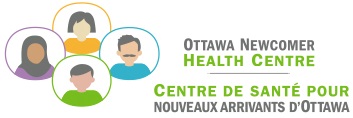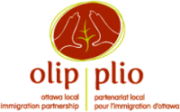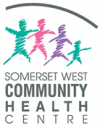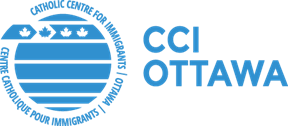Using a health interpreter that speaks your language is more important that you’d think.
A census in 2016 noted that over 3.7 million Ontario residents did not have English or French as their first language (mother tongue). However, the ratio of these residents to physicians that spoke their first language was drastically low.
Upon arrival in Canada, healthcare is one of the top priorities for most newcomers. Understanding the Canadian healthcare system can be overwhelming, especially if you don’t speak the official languages of Canada.
This is where medical language interpreters come in.
Why use interpreters?
- Through this service, professionally trained medical interpreters can be arranged for face-to-face, video or over the phone interpretation.
- Interpreters can help you accurately express your wishes and concerns to your healthcare team.
- They can also help you understand the medical advice being given to you by your healthcare team.
- Professionally trained medical interpreters are required to keep all information discussed during your medical appointments confidential.
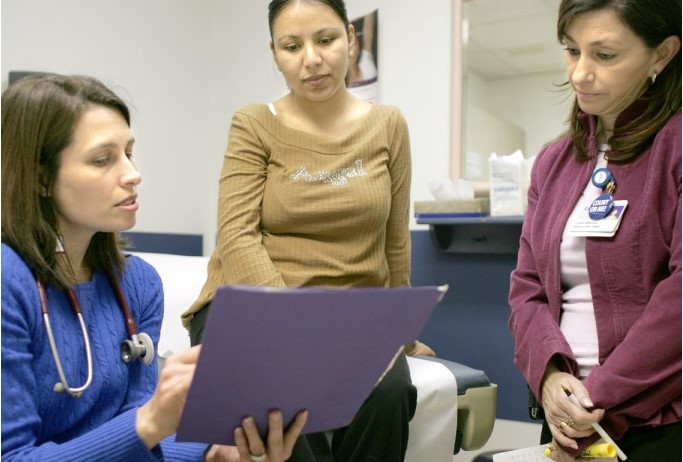
Professional medical interpreters: Not your family or friends
Newcomers often use untrained people, such as their family or friends, as their medical interpreters, mostly because they might not know there are professional interpreters available for them. This, however, can have serious implications, for example:
- Lack of confidentiality and nervousness from all parties involved;
- Misinterpretations or omissions when helping the healthcare team and the patient understand each other, which can sometimes lead to misdiagnosis;
- The patient’s individuality and decision-making can be affected by the presence of a family member;
- An untrained interpreter can also be biased in their interpretation, causing misinformation and risk to the patient’s health.
Professionally trained interpreters like the ones from Ottawa Language Access (OLA) go through rigorous training, including a medical terminology course, before working with any client.
By training the interpreters this way, Ottawa Language Access (OLA) aims at providing newcomers the most culturally and linguistically appropriate interpreter services in their healthcare.
Did you know?
Medical interpreters may be arranged over the phone for refugees and immigrants who are new to communities in the Ottawa Valley and parts of Eastern Ontario that fall within the Champlain health region.
For more information, email the Ottawa Language Access Program at ola@swchc.on.ca or call 613-288-2OLA (2652) extension 2.
Even though Ontario is a multilingual community, there are big strides to be made to cover the language gap that exists in the health care system. Programs like OLA are taking steps towards closing that gap by providing language interpretation support to newcomers.
